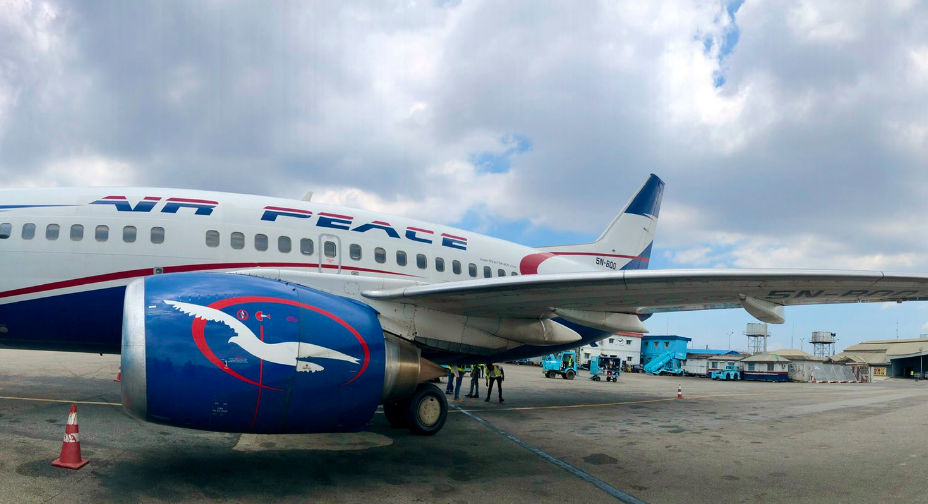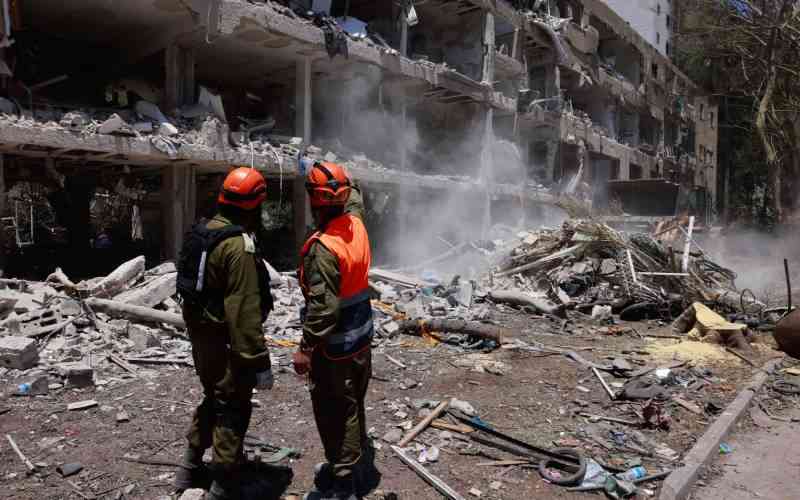US Conducts Airstrikes on Iranian Nuclear Facilities Amid Escalating Tensions

In a significant escalation of the ongoing conflict between Israel and Iran, the United States has directly intervened by launching a series of “very successful” precision strikes on three key Iranian nuclear facilities: Fordow, Natanz, and Isfahan. Announced by President Donald Trump on social media and in a national address on Saturday, June 22, 2025, these attacks brought the US into direct involvement in the regional war, which had seen Israel and Iran exchanging blows for over a week prior.
The primary targets included Fordow, a heavily protected uranium enrichment plant buried deep under a mountain, estimated to be around 80 meters below the surface. Natanz, another major uranium enrichment facility, and Isfahan, which houses a nuclear technology center and enriched uranium storage, were also hit. President Trump emphatically declared that Iran's key nuclear enrichment facilities had been “completely and totally obliterated,” asserting that a “full payload of BOMBS” was dropped on Fordow and that the site was “gone.” US media reports indicated the use of B-2 stealth bombers and GBU-57 Massive Ordnance Penetrator (MOP) “bunker buster” bombs, weighing 30,000 pounds, which are uniquely capable of penetrating such fortified underground sites. Some reports also suggested the use of Tomahawk missiles for Natanz and Isfahan.
Following the strikes, President Trump issued a stern warning to Tehran, urging them to “make peace” or face “far greater and a lot easier” future attacks. He reiterated that “there will be either peace or there will be tragedy for Iran far greater than we have witnessed over the last eight days,” adding that “many targets left” could be taken out “in a matter of minutes” with precision, speed, and skill. Israeli Prime Minister Benjamin Netanyahu lauded Trump’s “bold decision,” stating it would “change history” and expressed that the two leaders had “worked as a team like perhaps no team has ever worked before” to erase the nuclear threat to Israel. Republican lawmakers largely supported the strikes, framing them as a necessary measure to prevent Iran, described as the “world’s largest state sponsor of terrorism,” from acquiring nuclear weapons.
Iranian officials, including Foreign Minister Abbas Araghchi, condemned the US strikes as “outrageous” and a “grave violation of the UN Charter and international law,” warning of “everlasting consequences.” Araghchi stated that Iran “reserves all options to defend its sovereignty, interest, and people” and requested an emergency meeting of the UN Security Council to address the situation. Contradicting Trump’s claims of total obliteration, Iranian officials downplayed the effectiveness of the bombardment, asserting that the targeted sites were evacuated “a while ago” and contained “no materials that could cause radiation,” thus suffering no major blow. Iran's National Centre for the Nuclear Safety System also stated there were “no signs of contamination” or danger to inhabitants. Despite these claims, Iranian state media reported that Iran had launched missiles toward Israel in response, with Israeli sources confirming hits on multiple cities, including Tel Aviv, Haifa, and Rishon LeZion, causing casualties.
International bodies and neighboring countries reacted with concern. The UN’s nuclear watchdog, IAEA, confirmed no increase in “off-site radiation levels” after the strikes, even at Fordow. Saudi regulatory authorities also reported no radioactive effects in the Gulf region. However, UN Secretary-General Antonio Guterres expressed grave alarm, calling the US use of force a “direct threat to international peace and security” and a “dangerous escalation” that could lead to “catastrophic consequences for civilians.” He emphasized that “there is no military solution” and urged for de-escalation and diplomacy.
The US intervention marks a significant policy shift for President Trump, who had campaigned on keeping America out of “endless wars.” The decision to strike Fordow, a site considered difficult to destroy with conventional weaponry, highlights the US determination to dismantle Iran's nuclear program. The legality of the strikes without congressional approval became a point of contention among US lawmakers, though the president, as commander-in-chief, retains the power to conduct military operations. Amidst the rising tensions, the US State Department initiated the evacuation of American citizens from Tel Aviv. The future remains uncertain, with Iran’s Atomic Energy Organization stating the attacks would not deter its nuclear activities, and fears of a wider regional conflict persisting as diplomacy struggles to gain ground.










